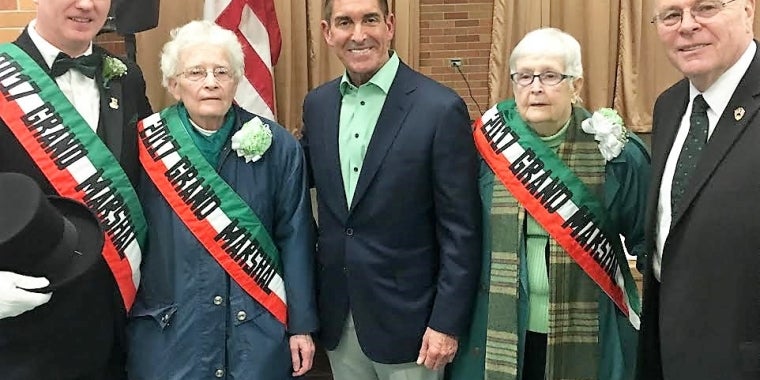
Pols Willing, But Unable
Jeffrey D. Klein
December 17, 2005
By Jeff Klein
On Dec. 6, Detective Dillon Stewart was laid to rest and two state troopers were shot serving a warrant on a suspected drug den near my Throgs Neck office.
A week later, Officer Daniel Enchautegui, my constituent, was shot to death after interrupting a burglary next door to his home.
These shootings have highlighted not only the serious shortcomings in our state's criminal laws, but also a deep and pervasive dysfunction in our state's legislative process.
Gov. Pataki has taken a good first step in calling the Legislature back to Albany, but before we can truly reform our criminal laws and give police officers and all New Yorkers the protections they deserve, we have to reform our legislative process.
I served for 10 years in the Assembly, including eight years on the Codes Committee, which must approve all criminal justice legislation before it reaches the floor.
I now serve on the Senate Codes Committee in my first term as a state senator.
I have worked in both houses to help pass the death penalty and keep dangerous sex offenders locked up.
However, I have seen meas.ures with broad support on both sides of the aisle bottled up for years because they do not have the approval of house leaders and their top aides.
Three years ago, as a member of the Assembly Democratic majority, I introduced legislation eliminating the five-year statute of limitations and allowing all rapes to be prosecuted, regardless of when they were committed.
But because of an institutionalized leadership structure that ignores the voices of rank-and-file members, this measure never saw the light of day in the Assembly.
This summer, I conducted a study that found more than 1,500 rape cases more than five years old and 800 more where we could lose the chance to prosecute dangerous predators unless we change this outdated law.
As a senator, I have, at last, been able to pass the bill out of committee, but the Senate's leadership refuses to bring it to the floor because I am not a member of the Republican majority.
Although the bill has received widespread support from prosecutors and advocacy groups, time is running out for hundreds of rape prosecutions while legislative leaders play party politics with a bill that would pass overwhelmingly.
The bill would send a message to women that rape is just as serious a crime as kidnapping and arson, crimes with no time limit for prosecutions.
These delays and stalemates will continue as long as legislators in both houses are denied the chance to serve their constituents and vote their consciences by leaders who restrict our agenda and stifle any meaningful debate or compromise on important issues.
When we do get a chance to vote on criminal justice legislation, it is often for a one-house bill that is more press release than public policy and will never be considered in the other house.
The 2004 Brennan Center report exposed a system in which good ideas are killed by inaction and the few bills that make it to a floor vote have had their outcomes predetermined in the back rooms of the Capitol.
Most of my fellow state lawmakers would agree that we are not doing enough to get illegal guns off our streets and we are not doing enough to punish the criminals who use them, but little is being done to reach the kind of legislative compromise necessary to address the problem.
By not giving legislators a chance to vote on important criminal justice issues like rape and gun control, legislative leaders are turning their backs on their own members and on the people of New York.
Assembly Speaker Sheldon Silver does not speak for the entire Assembly, just as Senate Majority Leader Joe Bruno does not speak for the entire Senate.
And neither of them should be allowed to drown out the wishes of their respective legislative bodies.
Officer Enchautegui, Detective Stewart and their families have already paid too high a price for Albany's dysfunction.
Klein is a state senator representing parts of the Bronx and Westchester.
Originally published on December 18, 2005 in the Daily News
Share this Article or Press Release
Newsroom
Go to Newsroom
